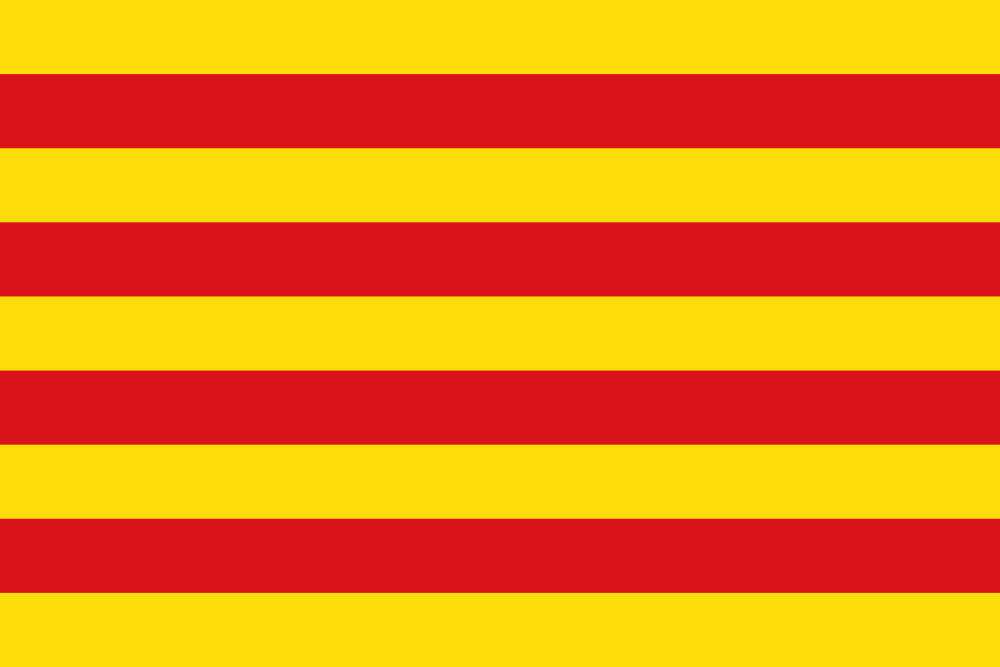Statute of Autonomy of the Catalan Language

After the death of Francisco Franco in 1975, the fascist regime crumbled rapidly. Without the iron hand of Franco, the ability to maintain the fragile alliance of religious interests, conservative politicians, and the military lost strength under the presidency of Carlos Arias Navarro [Share, 1986: 550, 566-570]. King Juan Carlos I, whom Franco had installed to maintain his own power, was able to renege on Franco’s deathbed wishes. With the administration of Adolfo Suarez Gonzalez, he paved the way towards democracy [Spain, 2019]. The efforts of Juan Carlos I - encouraged by widespread political opposition and increasingly hostile public Spanish reaction to the former regime - coupled with Franco’s repeated purges of the leaders of various factions within the Falangist regime , undermined the propects for the survival of Franco’s authoritarian regime after his death and, ultimately, led to its complete downfall [Share, 1986: 557]. As democracy began to take shape in Spain, pressure from the various regions of Spain ensured that the issue of autonomy was made central to the larger discussion of democracy and reform of the Spanish constitution.
In 1978, Spain adopted a new constitution, transforming the state into a constitutional monarchy [“Constitution of Spain”, 2020]. The 1978 Constitution also explicitly recognized the right to self-government to nationalities and regions, which permitted various communities within Spain to, amongst other things, regulate the use of languages both in legal contexts and in daily life. While limited autonomy had been granted in September of 1977, full autonomy was granted to Catalonia shortly thereafter, in 1979 [Guibernau, 2013: 2; Rodriguez, 2019]. Catalonia was among the first to achieve recognition as an official nationality under the umbrella of the Spanish “nación,” or nation, while Catalan was declared as Catalonia's "llengua pròpia", i.e., national or "proper" language, and placed on equal footing with Spanish as an official language of the area. [“Catalonia Vote,” 2014; Maxwell et al, 2019: 8]. As a result, Catalonia became an autonomous community and the language that had been under systematic oppression for centuries was finally legally established as a language with official status.